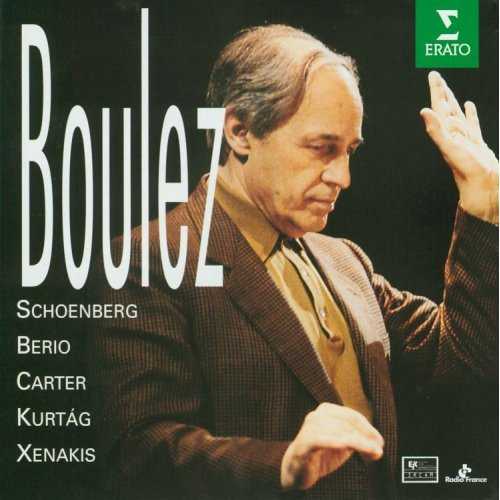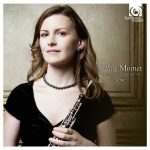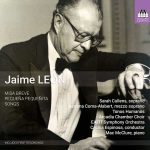
Composer: Luciano Berio
Performer: Christine Schadeberg, Sara Laimon, Musicians’ Accord
Conductor: Tanía León
Format: FLAC (tracks)
Label: Mode
Release: 1995
Size: 290 MB
Recovery: +3%
Scan: cover
Berio: Folk Songs
01. No. 1, Black Is the Colour
02. No. 2, I Wonder as I Wander
03. No. 3, Loosin yelav
04. No. 4, Rossignolet du bois
05. No. 5, A la femminisca
06. No. 6, La donna ideale
07. No. 7, Ballo
08. No. 8, Motettu de tristura
09. No. 9, Malurous qu’o uno fenno
10. No. 10, Lo fiolaire
11. No. 11, Azerbaijan Love Song
12. Sequenza III for woman’s voice
4 Canzoni popolari
13. No. 1, Dolce cominciamento
14. No. 2, La donna ideale
15. No. 3, Avendo gran disio
16. No. 4, Ballo
Chamber Music
17. No. 1, Strings in the Earth and Air
18. No. 2, Monotone
19. No. 3, Winds of May
20. O King
Circles
21. No. 1, Stinging
22. No. 2, Riverly Is a Flower
23. No. 3, N(O)w
24. No. 4, Riverly Is a Flower
25. No. 5, Stinging
Mode’s reissue of Christine Schadeberg’s 1995 recital of vocal music by Luciano Berio is a welcome addition to the catalog. While her performances don’t make the listener forget the individuality and panache of Cathy Berberian, for whom most of these pieces were written, Schadeberg more than holds her own in her technical and expressive mastery of the music. Her voice is not large, but is remarkably flexible and secure, and her tone is pure. These performances are models of precision and clarity. Only in the mercurial Folk Songs does the listener wish for a more aggressive differentiation of the moods, and more abandon in the final “Azerbaijan” love song. The members of the ensemble Musicians’ Accord are fully engaged partners, and their energy and virtuosity are crucial to the vitality of these performances.
It’s wonderful to have so many of Berio’s major vocal works brought together on a single recording. The CD includes the first recording of Berio’s Quattro Canzoni Popolari, written in 1946 and 1947 before the composer’s immersion in serialism. (The set includes two songs that the composer would revisit in the 1964 Folk Songs; a comparison of his treatments is fascinating.) Berio has number of unrecorded early vocal works, and if they approach the quality of these songs, a recording is overdue. The recorded sound is clear and crisp, but tends to favor the instruments, and particularly in the more thickly scored sections of the Folk Songs, the balance would have benefited from having the voice more prominently miked.



